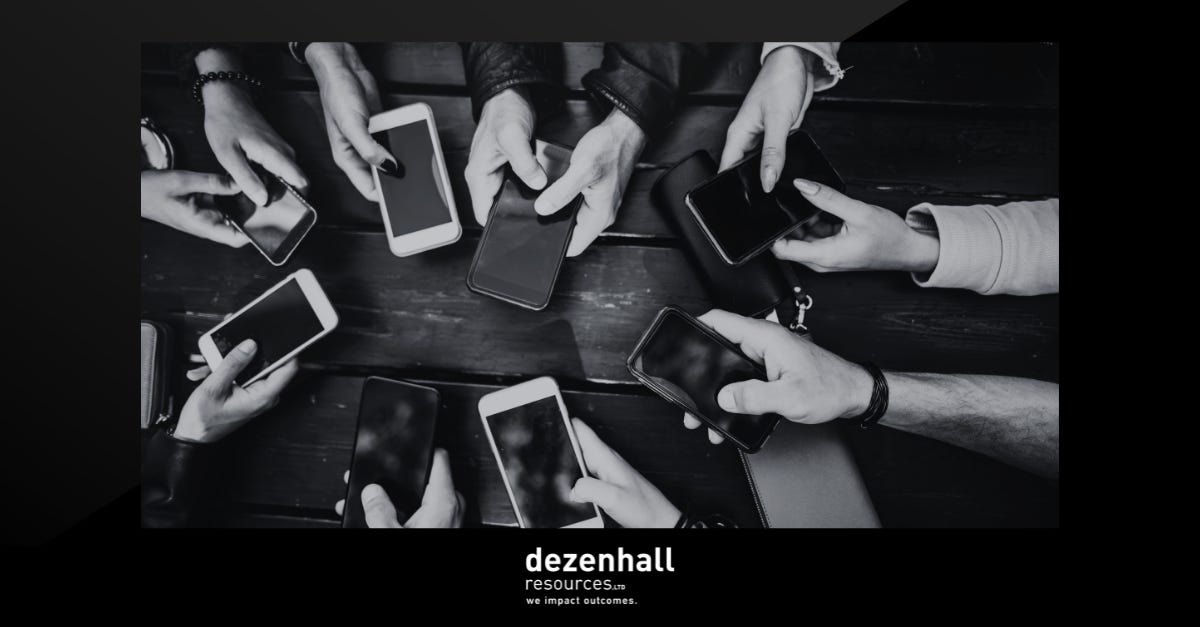What’s a ‘win’ in a crisis situation?
I’m often asked, “What’s a ‘win’ in a crisis situation?” And, “Are there times that there is just no saving the client?” It’s a pretty reasonable question, considering our 24-7 news cycle world.
Quite simply, the primary goal for crisis managers is to try and change the minds of the general public and sway media reports. We do this because more often than not, the media reports only the most sensational and one-sided tidbits of a complex story. After all, it is in the interest of media outlets to drive water cooler conversations and keep viewers coming back for more.
They choose the most dramatic aspect of the story – nearly always at the expense of our clients.
Often times, the cliché “change the conversation” is used by communications pros to make this point. But this isn’t always possible. Take the infamous BP oil spill. They tried to “change the conversation” by promoting their charitable giving and diverting attention away from the effects of the spill. That tactic will never work if the general public isn’t in the mood or even willing to consider looking away from the crisis or find a positive story.
“Changing the conversation” can be a slow and arduous process. It takes a concerted effort – and sometimes dogged determination – to educate reporters to the point that you see a change in news coverage. But the payoff is that the public starts to see (or at least be aware) that there are two sides to the crisis and, over time, change the perception about a client or issue.
The first step in swaying the media is to provide a factual and accurate counter-narrative to what is being reported or espoused by pundits. That is, what is your side of the story? Once the counter-narrative is established, crisis managers then look for the most effective method to disseminate the information. We then develop a comprehensive strategy, working behind the scenes with reporters, television producers, opinion writers, and bloggers to present our clients’ counter narratives.
Now, there are times when a person at the center of a crisis just doesn’t want help. The “Pharma Bro,” Martin Shkreli, is just such a guy. There’s been more than a little bit of head scratching among PR people and crisis communicators alike – wondering what in the world he’s thinking.
In this instance, Shkreli is the conversation.
There are a couple of interesting factors that contribute to this. First, Shkreli has gone through numerous spokesmen and communications firms and has now decided to go it alone. All this while he has come to be known as “the most hated man in America.” When Bloomberg asked former CNN reporter and now PR counselor Jeanne Meserve about Shkreli’s latest strategy, she called it a “dare devil” game. She’s exactly right.
Shkreli’s problems began when he spiked the price of lifesaving drugs for a disease that affects pregnant women and people with AIDS. But they got a lot worse when it became very publically that clear he couldn’t care less about the ramifications.
As the New York Times reported, Shkreli “practically gloated” about his potential profits in an email, stating, “So 5,000 paying bottles at the new price is $375,000,000 — almost all of it is profit and I think we will get three years of that or more… Should be a very handsome investment for all of us. Let’s all cross our fingers that the estimates are accurate.”
After Shkreli fired his PR council, he granted a series of quixotic interviews with Vanity Fair and Vice to try and explain his actions. All part of his dare devil strategy. One thing is for certain from the articles and interviews – he feels no regret, and views himself as a modern day John D. Rockefeller.
Second, he is uniquely impossible because he has essentially no understanding of the power dynamic in this situation and is decidedly taunting those who could hurt him most – including members of the U.S. House of Representatives. In the timeframe leading up to, during, and following his hearing in front of a Congressional oversight committee, he was glib, and seemed to take the whole thing as a joke. He couldn’t even muster a tie for the hearing.
He summed up his view to Fox Business’ Maria Bartiromo just before the hearing: “It’s nothing more than an advertisement for some congressmen who want to get some votes and some cheap publicity off my name… I would love to talk to Congress,” he said. “I would berate them. I would insult them.”
Our firm’s founder, Eric Dezenhall, likes to say that one of the first things you must do in crisis management is determine who has the power, who doesn’t, and where you fit in. That information then drives the strategy for who you should and shouldn’t be taunting. As Eric said recently, “Before Congress, the most powerful CEOs have all the power of a five-year-old who just got shoplifting from a Wal-Mart.”
At this point, Shkreli’s strategy should be purely focused on legal issues and staying out of jail – not trying to look good and get people to like him. Of course, he should probably avoid Twitter flame wars with rappers, too.
The fact is that regardless of the pedigree of the crisis firm, or the excellence of the strategy, there are times that no amount of effort will work. But that’s because the person at the center of the crisis truly doesn’t want the help.


